Since winter term, over 200 Knox students have signed a pledge from Knox Students for Palestine (KS4P) that they will not buy Starbucks or Sabra products from the C-Store.
“Our work is focused on getting the school to remove those products as part of our boycott and persuading students to do the same, even if the school hasn’t removed the products,” senior Winter Goodner said.
KS4P, inspired by the global Boycott, Divestment, and Sanctions (BDS) movement and drawing from lists of companies that financially support Israel, chose to focus boycott efforts on Starbucks and Sabra because those products are sold on the Knox campus. KS4P has also been inspired by other colleges taking action, as well as larger boycotts throughout the country and world.
“It does feel sometimes like as an individual, you’re insignificant, but it’s when we align with all of these other college campuses, all of the other activists in the world who are boycotting and divesting, like when we put all of us together, that’s when we really make a difference, and we see that with Starbucks, for example—how much money they’ve lost since the boycott has begun,” senior Angelica DeBenedictis said.
They added that making individual consumer choices can also create collective action.
“Even though we’re all in different areas, different states, different places, we can all come together in our individual behaviors,” DeBenedictis said. “I think it’s just very powerful, and I hope that people consider taking this boycott seriously, because even though it’s a small fraction of whatever money Starbucks and Sabra are getting from the C-Store buying their products, I think it, in the long run, can make a really big difference.”
KS4P decided to take the 200 signatures to the college to call for the removal of Starbucks and Sabra products from the C-Store. However, there was uncertainty, and different people were directing them to different faculty members.
“The number one thing it was confusing, I think at first, because we didn’t know who to talk to,” Goodner said.
So far, the school has not removed the products from the C-Store.
Vice President for Student Development Dr. MarQuita Barker and her colleagues have met with students multiple times to discuss their concerns. Barker said that right now, the school has not found a substitute for the Sabra hummus, and students are still buying the hummus and Starbucks drinks, so there is not a plan to stop selling them.
“What we told them is that if students weren’t buying the products, and we saw that there were low sales like any other product, then we would be open to the conversation about removing them,” Dr. Barker said. “It’s also a slippery slope because once you start removing some products because of business practices, then now we have to start looking at everything, and unless we’re committed to do that, it just didn’t seem like the thing that we were going to do right now. Even though I appreciate their passion, and we listened to them, it’s just not something that we committed to do this term.”
Some students are wondering, though, what more it will take for the school to stop selling the products.
“That feels to me like a bit of a circular answer because if the one type of hummus in the C-Store is Sabra hummus, or the one type of coffee—like, if you put the thing in front of the students in a small place like the C-Store, some students will keep buying it, even students who might prefer a different option,” Goodner said. “The school, in my understanding, has basically given us the answer of, you don’t really have enough support yet for us to be pushed in that direction, so we keep gathering support, and we keep pushing the school, and eventually they’ll do something different if we get more support.”
Goodner said that students were told they need more support before the school would stop selling the products, but they do not have a number or a specific target of how much more support they would need or what that would look like. Goodner speculated that holding more walkouts, like the one on May 10, might be more effective than collecting additional signatures on the boycott pledge.
“If I have 500 signatures, that’s like half the student body, maybe, but if it isn’t connected to other actions, to other things, to the school feeling other pressures in other ways, just the signatures aren’t enough; it’s tied into the larger project,” Goodner said.
Part of that larger project is getting Knox to divest from companies that support the genocide of Palestinian people, as well as spreading education and uplifting Palestinian voices. KS4P has seen increased participation with recent events, including the walkout and teach-in on May 10.
“I’ve never seen that many students in one place doing one type of thing, especially pushing the school on something,” Goodner said.
Not every student has been supportive of Palestine. DeBenedictis was surprised to see negative messages written on the Pro-Palestinian signs placed in Seymour Union after the walkout.
“I can imagine that the people who are against supporting Palestine would also be against the boycott of Starbucks and Sabra products,” DeBenedictis said. “Maybe people think it’s ineffective or won’t change anything.”
KS4P is continuing to take action despite pushback.
“Since [the walkout], I’ve been focused a lot on connecting faculty and students, planning more events, and then working towards education, which I can do usually all at once if I’m clever,” Goodner said.
Recently, Goodner helped organize a discussion-style event in the Abolition Lab with two professors who have personal or academic experience around Palestine and Israel.
Over the summer, KS4P has worked on planning for fall so that they can continue taking action, including pushing for the boycott.
In the meantime, the college is in the process of restarting the Knox Advisory Committee on Socially Responsible Investing.
“What I sort of learned from conversations that I had with other students, with professors, with the admin: if you get enough people together, the school will do things,” Goodner said. “We haven’t got enough people together yet for a long enough time to get everything we’ve wanted. But we’ve done a lot with the time we’ve had, and compared to the work that had already been done, I’m happy with it.”

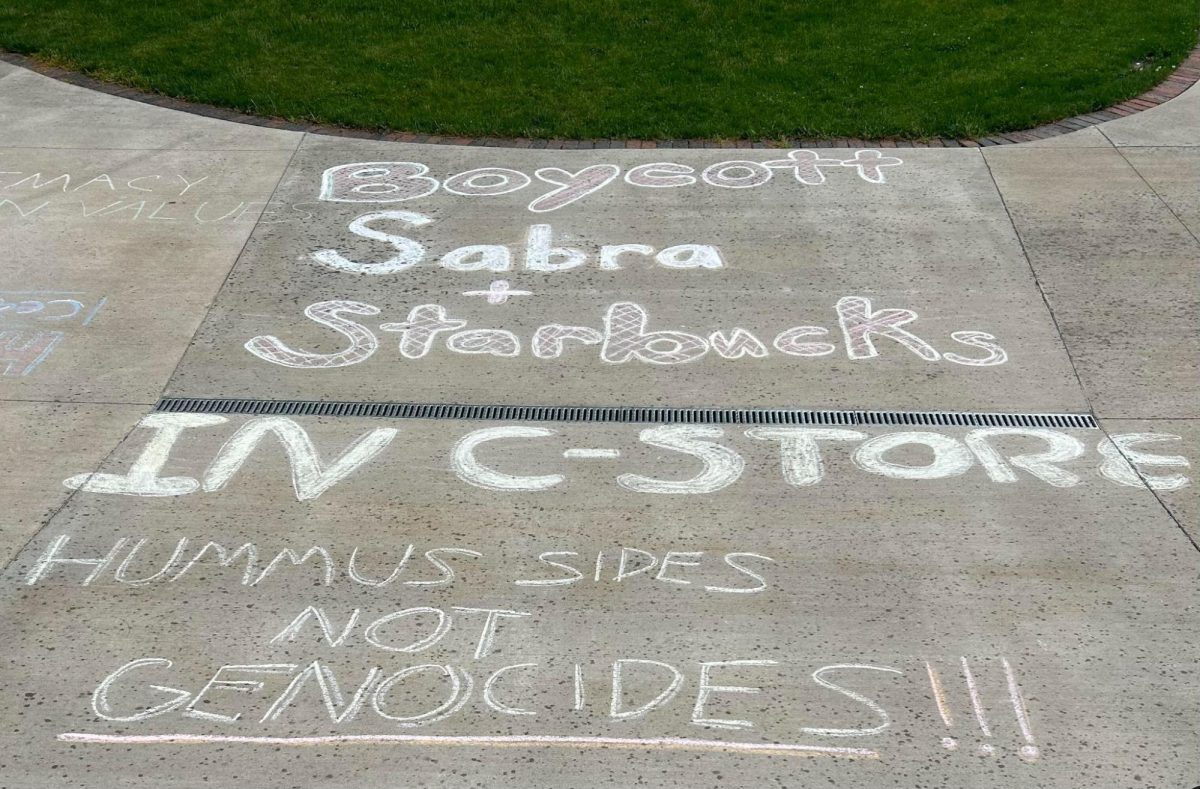
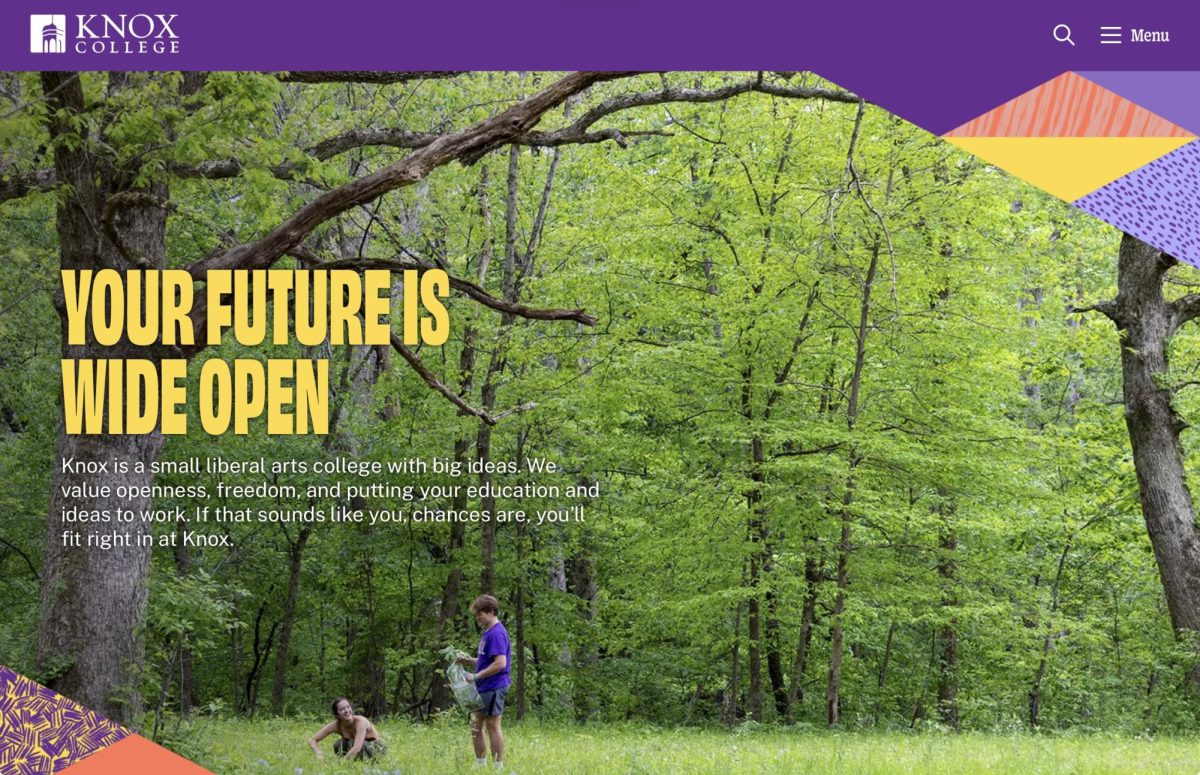
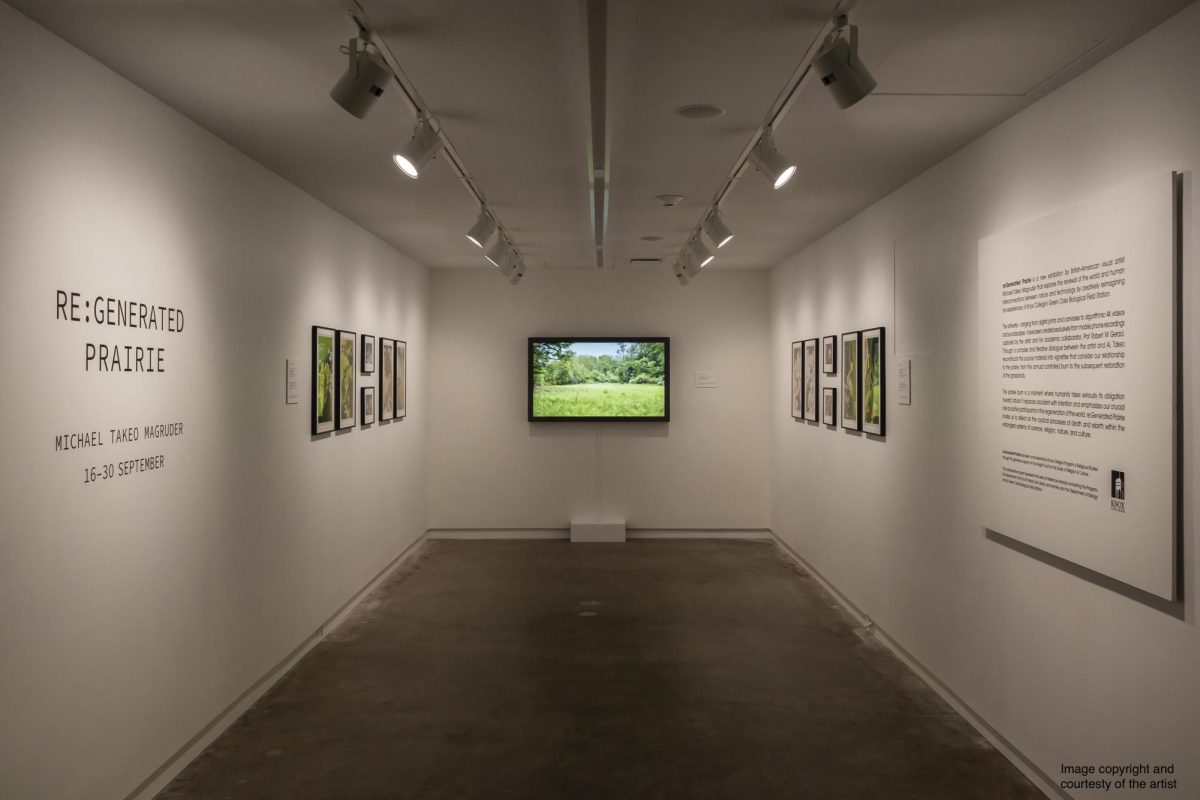
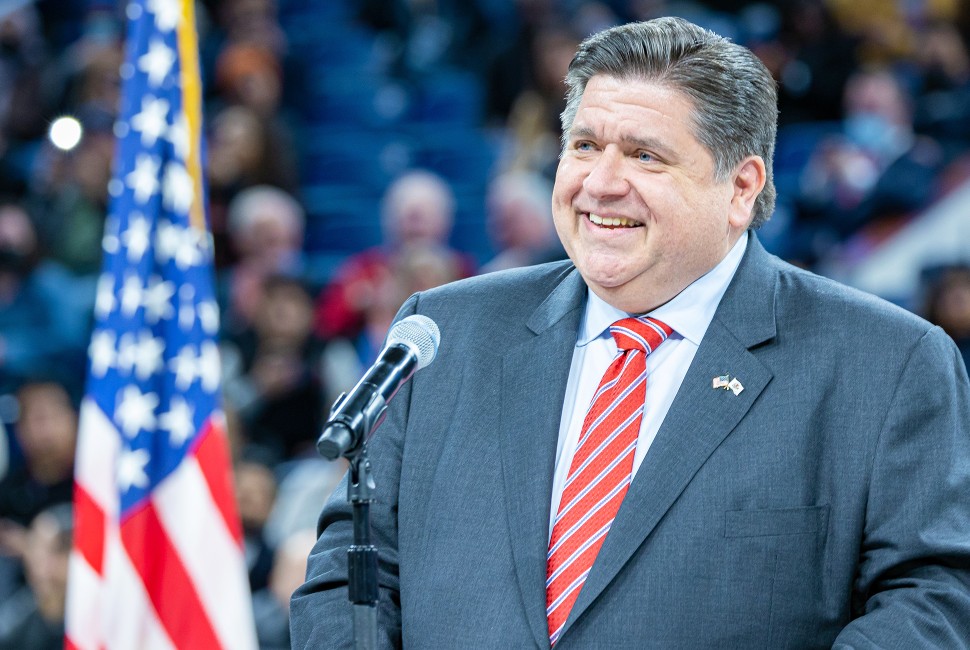
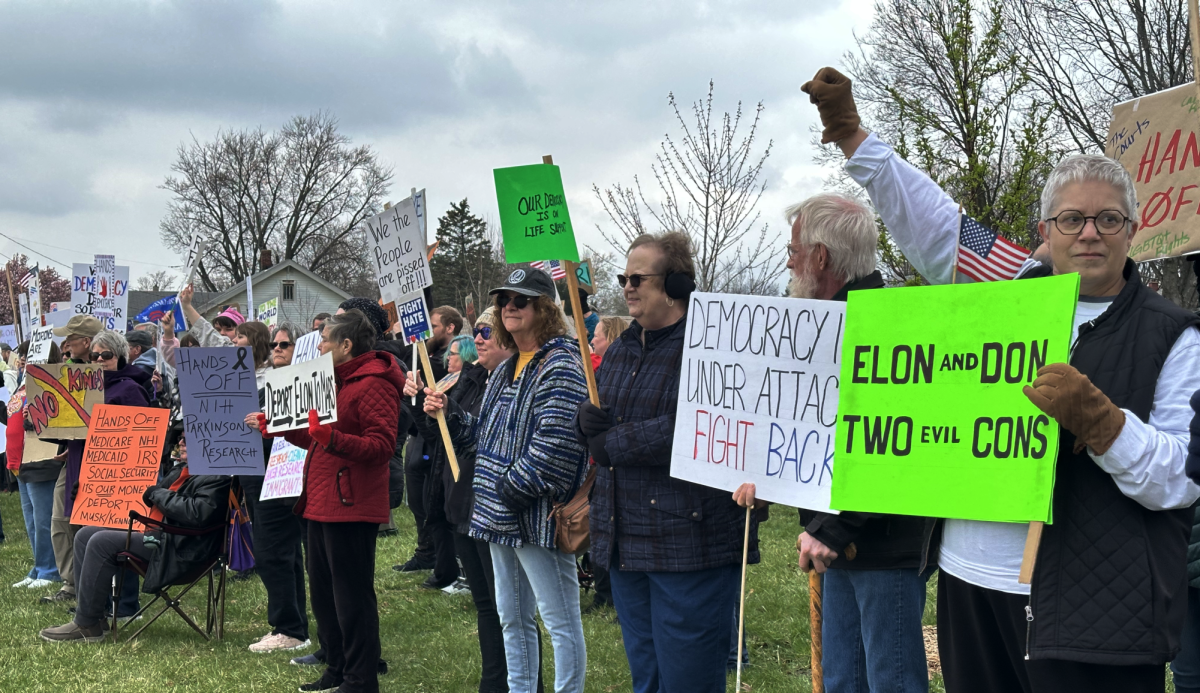
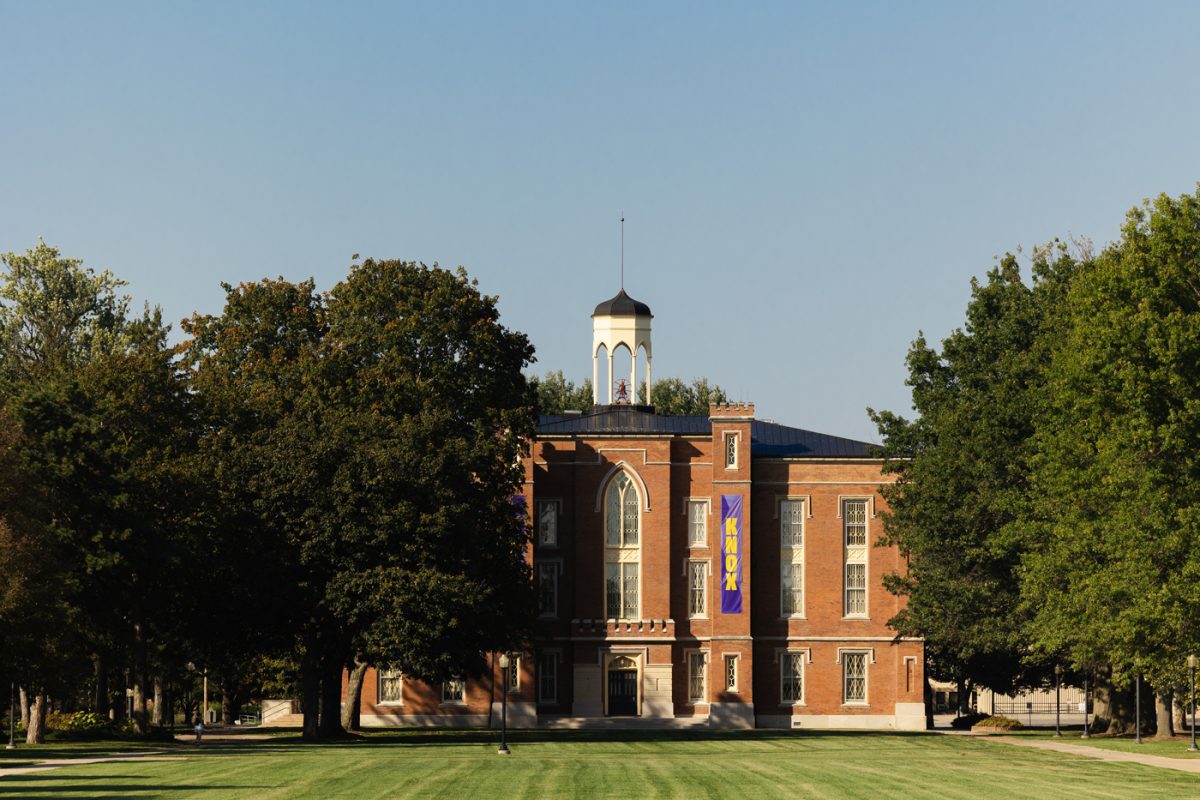
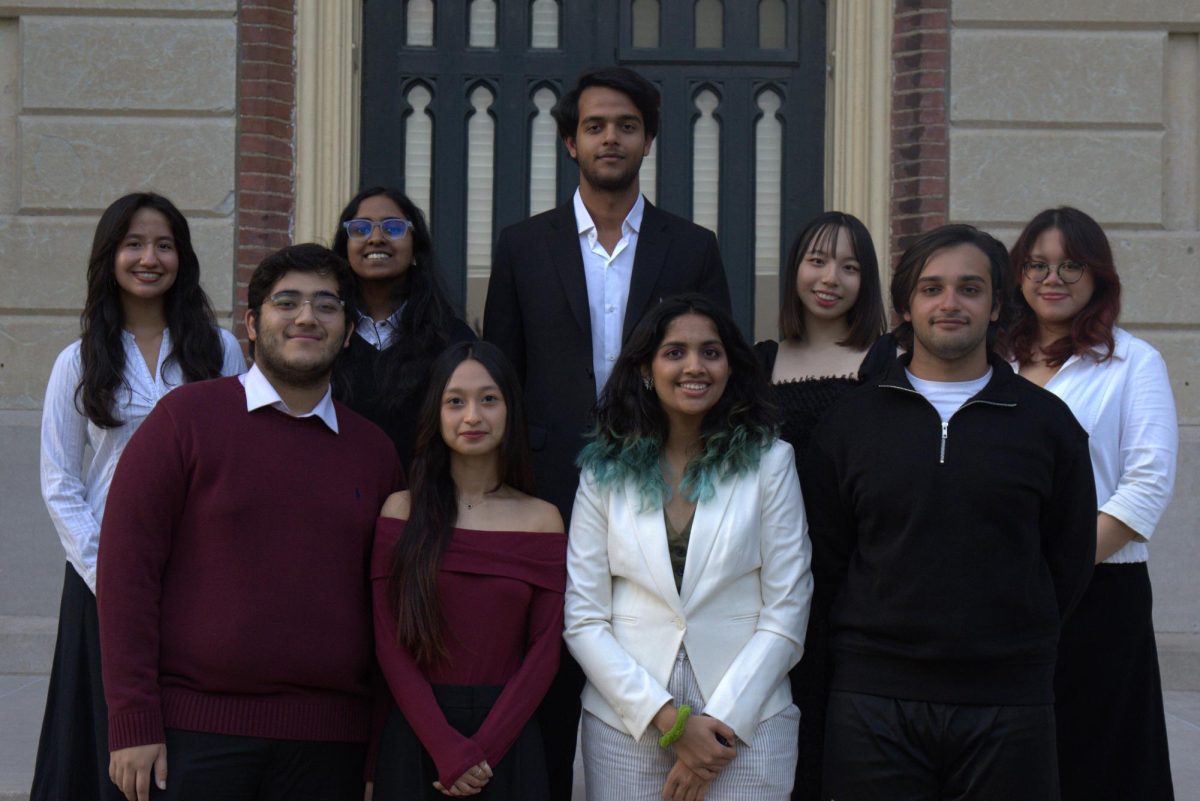

Jerry Tatar • Oct 4, 2024 at 1:18 pm
If you are going to boycott Sabra and Starbucks (which has not had any business in Israel for over a year), then please be consistent and also boycott the following:
Any Android or iOS device is packed with Israeli software components and patents. Even if you buy a device from China it still pays Israeli companies for licenses and patents. You would essentially have to give up your smartphone. But don’t be tricked: Ericsson, Nokia, Samsung from the late 90s also have software components from CheckPoint and other Israeli companies.
Like Apple Silicon, many ARM chipsets are engineered in Israel. Hence, you cannot use Smart TVs, smart phones, tablets, computers, smart fridges or any other “smart” devices since they include software components, chip designs, patents and licenses from Israel.
You cannot use Windows, MacOS, BSD or Linux since a number of Israeli software engineers are involved, patents and licenses included are paid to Israeli companies.
You need to stop using browsers like Firefox, Chrome and Safari. They do include software, patents and licenses from Israeli companies. Also many Open Source projects include Israeli companies and engineers that were funded through these projects.
You cannot use a car that was built after 1990/93 since all the modern cars include navigation and audio technology that includes Israeli semiconductor designs, components, patents and licenses through which you fund Israel.
You cannot use computer networks like Ethernet, Wi-Fi, Bluetooth, 4G or 5G since a number of encryption algorithms and encoding algorithms are engineered by Israelis, contain Israeli patents or licenses. Most of the chipsets are designed by companies with engineering offices in Israel, so the money you’re spending on that shiny Chinese smartphone will end up in Israel.
You cannot listen to digital music or any form of digital audio since Israel is strong in digital audio technology and Israeli companies hold a number of patents. Your radio thus is also out of question.
You cannot fly with aircraft from Boeing, Airbus and Embraer as most of the technology used for the planes is from Israeli companies.
Finally, please realize that your boycott will also be putting Palestinians from the West Bank out of work as they are employed at many of the businesses noted above.
Eleanor Lindenmayer • Sep 21, 2024 at 12:57 am
Nicely reported ❤️